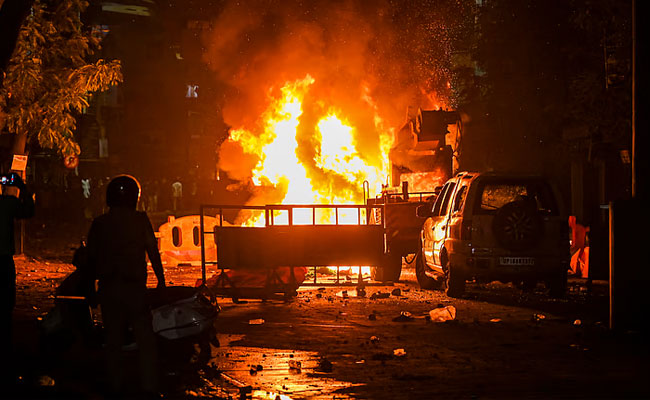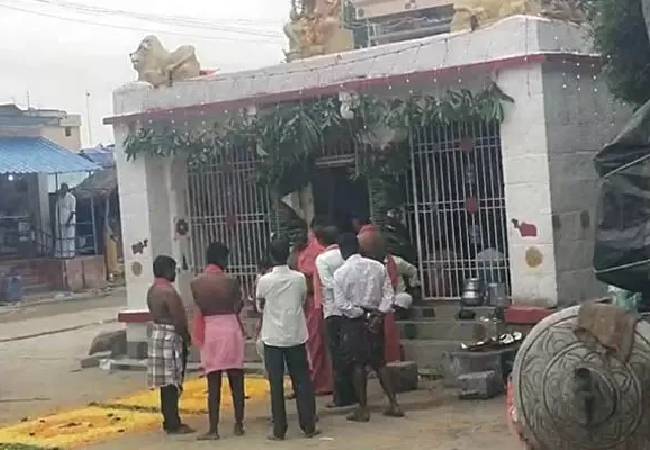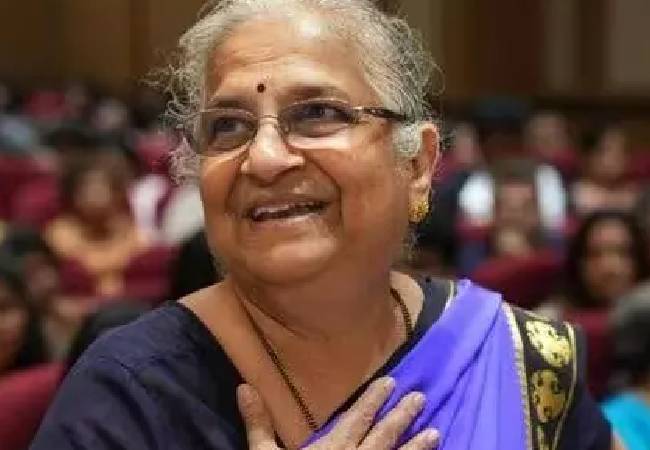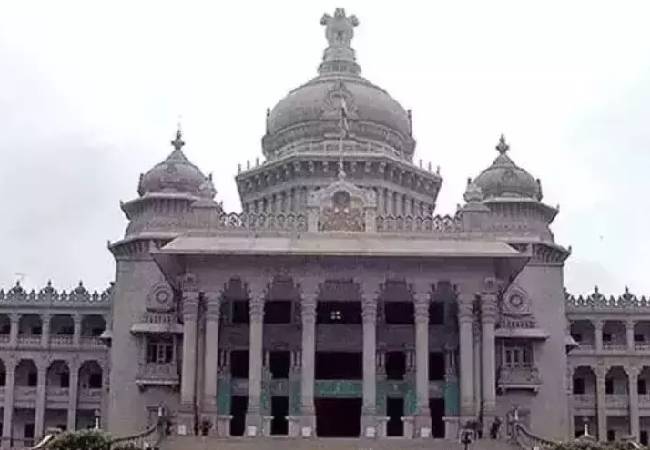Bengaluru: In a troubling development, Karnataka has recorded a sharp rise in offences linked to religion, with cases surging by nearly 65% over the past four years.
Data from the State Crime Records Bureau (SCRB), cited by The New Indian Express on Thursday, reveals that such incidents rose from 208 in 2021 to 345 in 2024.
As of May this year alone, 123 religion-related cases were registered across the state. Communal and religious riots have also seen a steep increase—jumping by over 133%, from 9 incidents in 2021 to 21 in 2024.
Experts attribute the spike to a combination of misinformation spread through social media, a politically polarised environment, and entrenched religious and caste-based tensions in specific districts. Despite government initiatives such as the creation of an anti-communal wing and a special action force, these measures have shown little tangible impact on the ground, added the report.
A serving police commissioner in the state quoted by TNIE cited several institutional shortcomings. “The police have failed to take preventive actions, such as arresting the accused or invoking the Goonda Act against troublemakers,” the commissioner said.
The commissioner also alleged inconsistencies in enforcement, claiming that arrests are often swift when common citizens are involved, but delayed if the accused are politically connected. “If any religious or communal issue arises, there is often direct political party backing on both sides. Political patronage for communal offenders, regardless of which party is in power, is not a new phenomenon in the state,” the officer noted.
Another senior IPS officer serving as a Superintendent of Police in a district echoed similar concerns, adding that a deep sense of communal hatred has taken root in society. “People are increasingly intolerant, even toward minor mischief by members of other communities,” TNIE quoted him as saying. The officer lamented that low conviction rates allow many offenders to evade justice, encouraging repeat offences.
Previously, communal incidents were often confined to specific areas, but social media has significantly widened their reach. The police, however, are stepping up efforts to curb the spread of communal content online and are engaging in community outreach programmes to improve the intelligence network with local leaders, the report added.
Let the Truth be known. If you read VB and like VB, please be a VB Supporter and Help us deliver the Truth to one and all.
Raichur: The priest of the Ambabhavani Temple in Athkur village has been accused of stopping Dalit youngsters from entering the temple for a ritual related the Navaratri festival, although related parties, including the priest and Dalit leaders of the village, have denied knowledge about the incident.
A video of the youngsters, belonging to the Madiga community, who wanted to wear the ritual garlands for the festive period, being denied entry into the temple and the priest handing them the garlands keeping them outside the threshold has gone viral on social media platforms.
Yapaladinni Police officers, however, have said no police complaint about the matter has been filed so far. In addition, Dalit leaders in Athkur have said no such incident has occurred in the village, but the police officers are conducting an inquiry since youngsters have alleged that they were denied entry into the temple.
The temple priest has also refuted the charges against him, clarifying that action will be taken if a complaint is filed.





